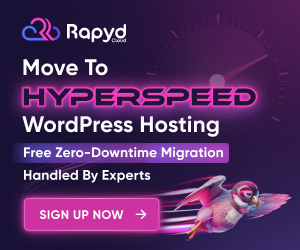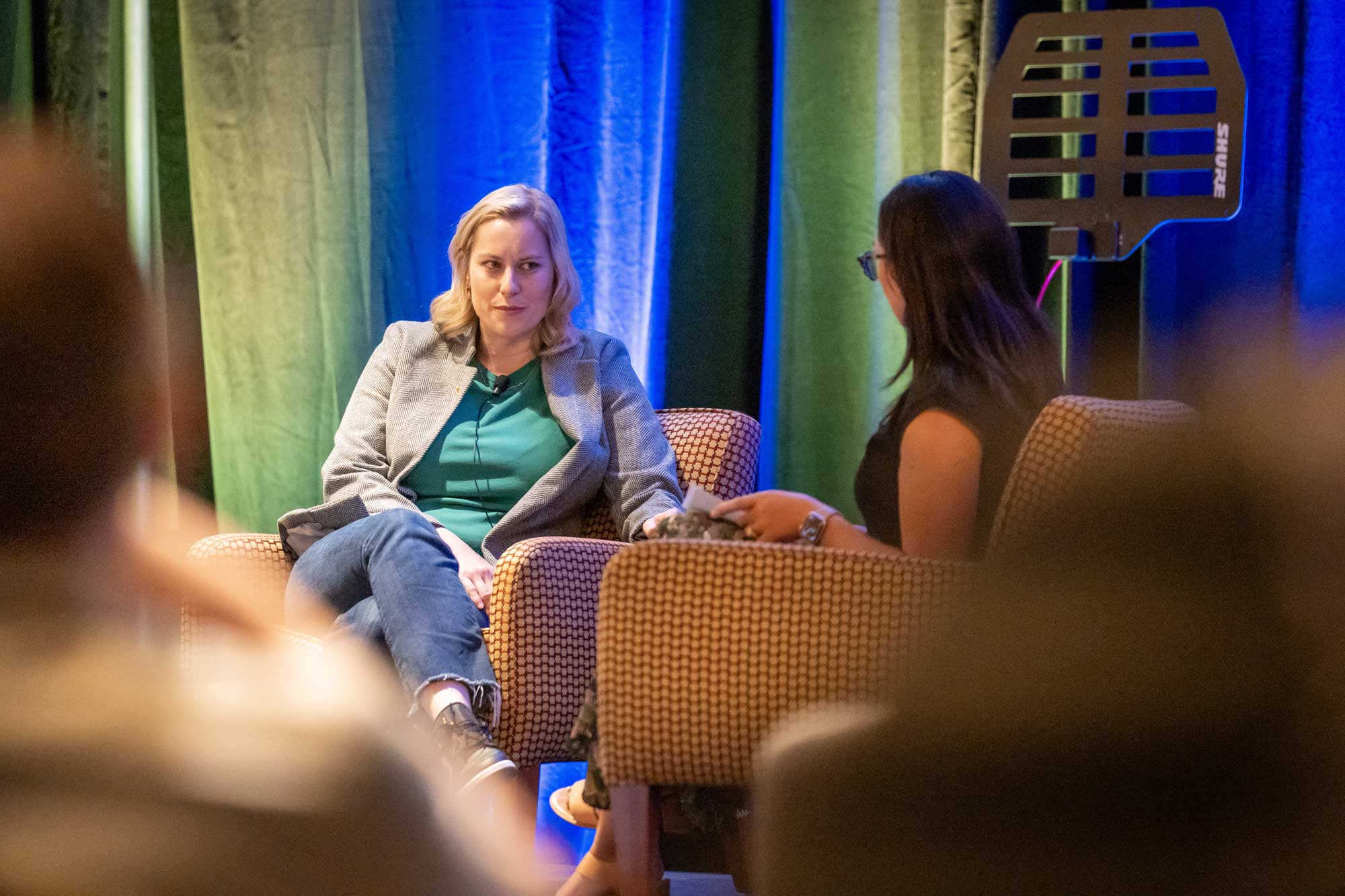WordPress is free, but running it isn’t. A new report from WP Engine aims to quantify just how much companies are spending behind the scenes — and how those costs are typically lower with WordPress compared to proprietary platforms.
Released Wednesday, the report, The Total Cost of Your Company Website, is draws from a survey of more than 1,700 digital decision-makers across the U.S., U.K., and Australia. It finds that organizations using WordPress report up to 44% lower total website costs than those relying on platforms like Adobe Experience Manager and Sitecore.
The findings come as digital leaders face increasing pressure to reduce complexity, justify spend, and improve performance. The study estimates the average annual CMS cost for medium-to-large businesses at $2.6 million—covering licensing, hosting, infrastructure, agency fees, and security.
WP Engine Chief Operating Officer Jason Teichman said the company commissioned the report in response to what they were hearing from customers.
“There’s a lot of uncertainty in the market, and we’re seeing more companies ask how they can be more efficient in how they run their websites,” he said. “We wanted to put data behind those conversations.”
Reckoning with the real cost of CMS ownership
While WordPress is open source and free to install, Teichman said the broader costs of managing a website — performance, security, updates, infrastructure — are unavoidable, regardless of the CMS.
“You’re either managing that in-house or working with a partner. Either way, you’re investing,” he said. “We’re not saying WordPress is costless. We’re saying the cost structure can be more flexible.”
The report positions WordPress as a cost-effective option in part because of its lower development and maintenance overhead. Survey respondents using WordPress reported spending 15–30% less on developer and agency support compared to those using proprietary platforms.
It also notes that WordPress is widely used in hybrid CMS setups. While Adobe Experience Manager remains the most commonly used primary CMS among large organizations, WordPress ranks as the most-used secondary CMS, often powering campaign pages, microsites, and content initiatives.
He said the distinction between primary and secondary CMS use varies depending on the use case. “We see WordPress used as the main CMS in some large organizations, and as a supporting tool in others.”
Regional differences, common pressures
The report also breaks down regional differences in CMS adoption:
- In the U.S., security is the top concern for businesses considering WordPress.
- In Australia, scalability ranks highest, with 47% of respondents citing it as a key factor.
- In the U.K., maintenance and long-term management lead concerns, contributing to the longest evaluation timelines (nearly 12 months on average).
These pressures are contributing to longer CMS buying cycles, particularly in risk-averse markets, Teichman said.
“There’s more scrutiny across the board. People are taking their time with these decisions,” he said.
“Evaluation cycles are getting longer, and there’s more pressure to prove ROI,” Teichman said. “People aren’t just looking for features, they’re asking whether a platform will help them stay efficient three years from now.”
Tensions behind the numbers
The report comes at a tense moment in the WordPress ecosystem. In recent months, the company has faced public attacks from WordPress co-founder Matt Mullenweg, along with a legal dispute that has put their relationship under the spotlight.
When asked whether the feud — and a drop in new customer acquisition, revealed in court documents last October — had impacted the company’s momentum, Teichman said WP Engine’s focus on delivering for its customers hadn’t changed.
“Yeah, I mean, look, I think in the beginning, there was a lot of discussion around this,” he said. “You know, there continues to be discussion around it, but I would say for us, our number one job has not changed, right? It’s serving our customers, serving the market, doing what we do best. And all that, you know, will work itself out. But we try not to get distracted by that as best we can.”








Leave a Reply